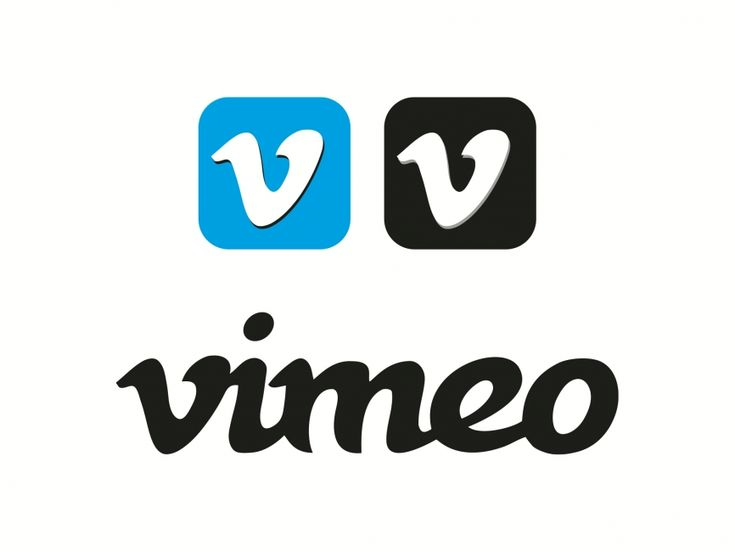AI-generated influencers, deepfake ads, and synthetic content are everywhere in 2025. While these tools offer speed and creativity, they also raise a crucial question:
Can your audience still trust what they see?
The Rise of Synthetic Content in Marketing
AI now powers content that feels entirely human:
- Deepfake videos featuring hyper-realistic brand spokespeople.
- Virtual influencers, such as Lil Miquela, and AI-generated ambassadors.
- Text, voice, and image generation that mirrors real-world creators.
Consumers often can’t tell the difference, and that’s exactly where the ethical dilemma begins.
Key Ethical Concerns
- Disclosure: Always label AI-generated content. Hidden AI breaks trust.
- Consent: Don’t use faces, voices, or likenesses without permission.
- Bias: Ensure your AI tools are trained on inclusive, diverse data.
- Authenticity: Don’t trade human connection for efficiency.
Best Practices for Ethical AI Marketing in 2025
✅ Clearly disclose AI use
✅ Get proper legal consent for likenesses
✅ Use bias-audited tools
✅ Keep a human in the loop
In Conclusion
In a world where AI can generate near-perfect replicas of human expression, transparency becomes your brand’s greatest asset.
The brands that will thrive in 2025 are not just those who adopt AI, but those who use it responsibly, build trust intentionally, and stay human in their marketing approach.
Is your marketing team ready for the ethical challenges of AI?
Let’s build a future where tech and trust go hand in hand.




